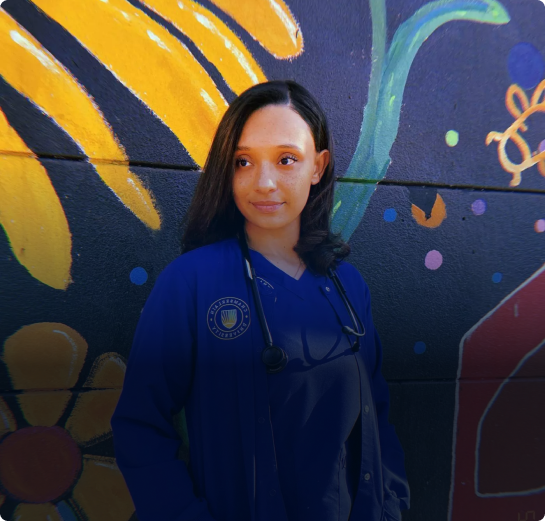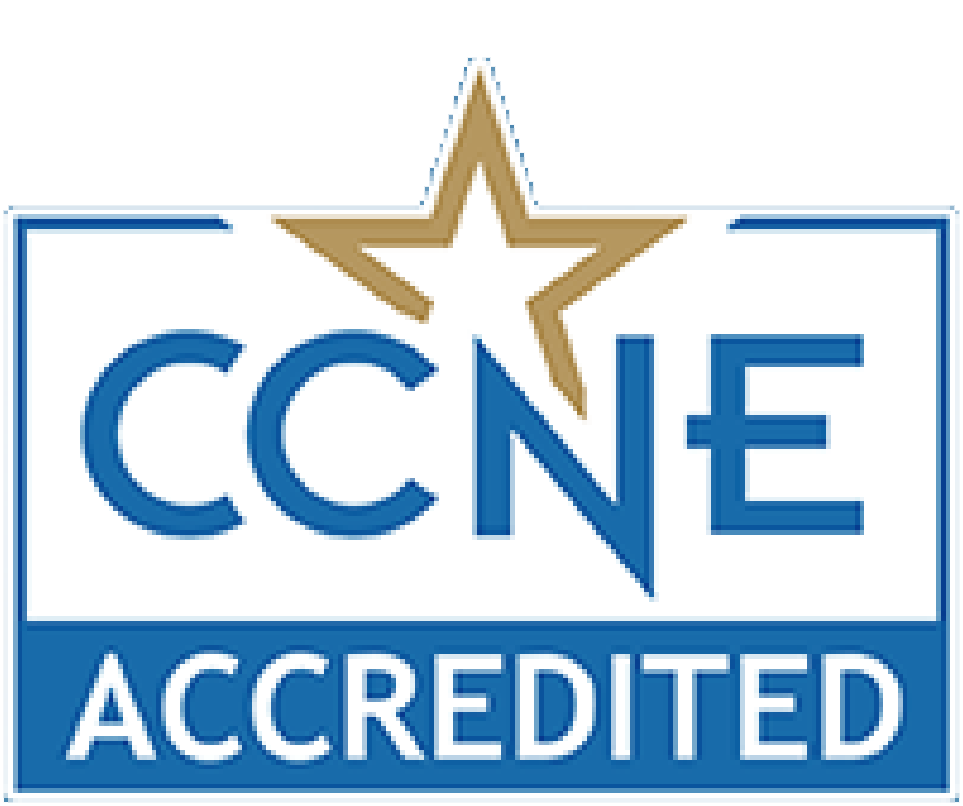
Master’s Degree Options for Nursing & Healthcare
Explore our graduate programs designed for you at every stage of your career.
Discover Types of Master’s Degrees in Nursing
Graduate Studies at Chamberlain
Whether you're just starting out in the field or have decades of experience as a registered nurse, Chamberlain has a program to help you take the next step toward your calling. Chamberlain has nine Master of Science in Nursing specialty tracks; three Nurse Practitioner tracks, five non-clinical tracks, and accelerated tracks. See your options below.
MSN Nurse Practitioner Tracks
MSN Non-Clinical Tracks
MSN Accelerated Tracks
Discover Types of Master’s Degrees in Healthcare
If you feel called to be an advocate of change within your community, Chamberlain offers several master's level programs to help you take the next step in your career.
Why Chamberlain?
Join the Chamberlain Community
Take the next step in your career
After more than 130 years of experience in nursing education, we’ve gotten pretty good at understanding and meeting the diverse needs of our students.
MSN Alum
130
Years of academic excellence
#1
Grantor of nursing degrees in the US
over 160k
Alumni and students

Be a Part of Something Bigger
At Chamberlain, support starts Day 1. And once you’re part of our family, we’ll never let you go.

Specialize Your Practice
Choose from 9 specialty tracks in the Master of Science in Nursing degree program
Chamberlain’s MSN nursing degree program can prepare you to take that next step by honing your skills in one of 9 specialty areas.



Chamberlain’s Faculty
Experienced Faculty, Here to Help You Step Forward
Some things can’t be learned from textbooks alone. Our supportive and attentive faculty teaches you with methods from their own first-hand experience.
Take the Next Step
At Chamberlain, we want you to have all the information you need to make your next decision. Learn more about the enrollment process.
View the full curriculum plans for each program.
Learn more about available resources for Chamberlain Alumni.
Find out what financial aid options may be available to you.
Chamberlain University offers special tuition rates to over 4,500 partner locations across the U.S.
See how we evaluate your credits to help you earn your degree faster.
Learn more about scholarships and grants you may qualify for.
Get Started Today and Earn Your Bachelor’s Degree in Nursing.
Learn more about how your can earn your bachelor s degree in nursing
